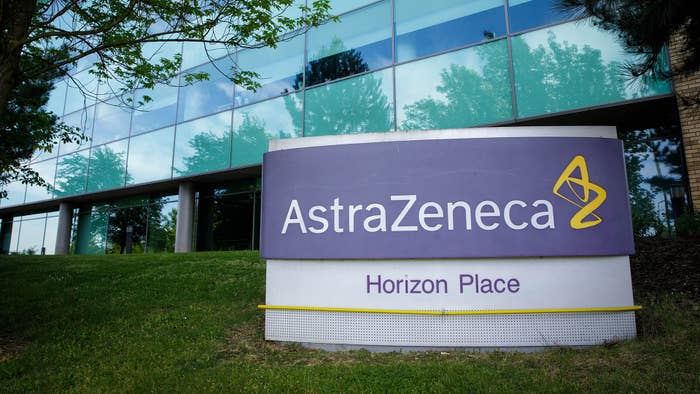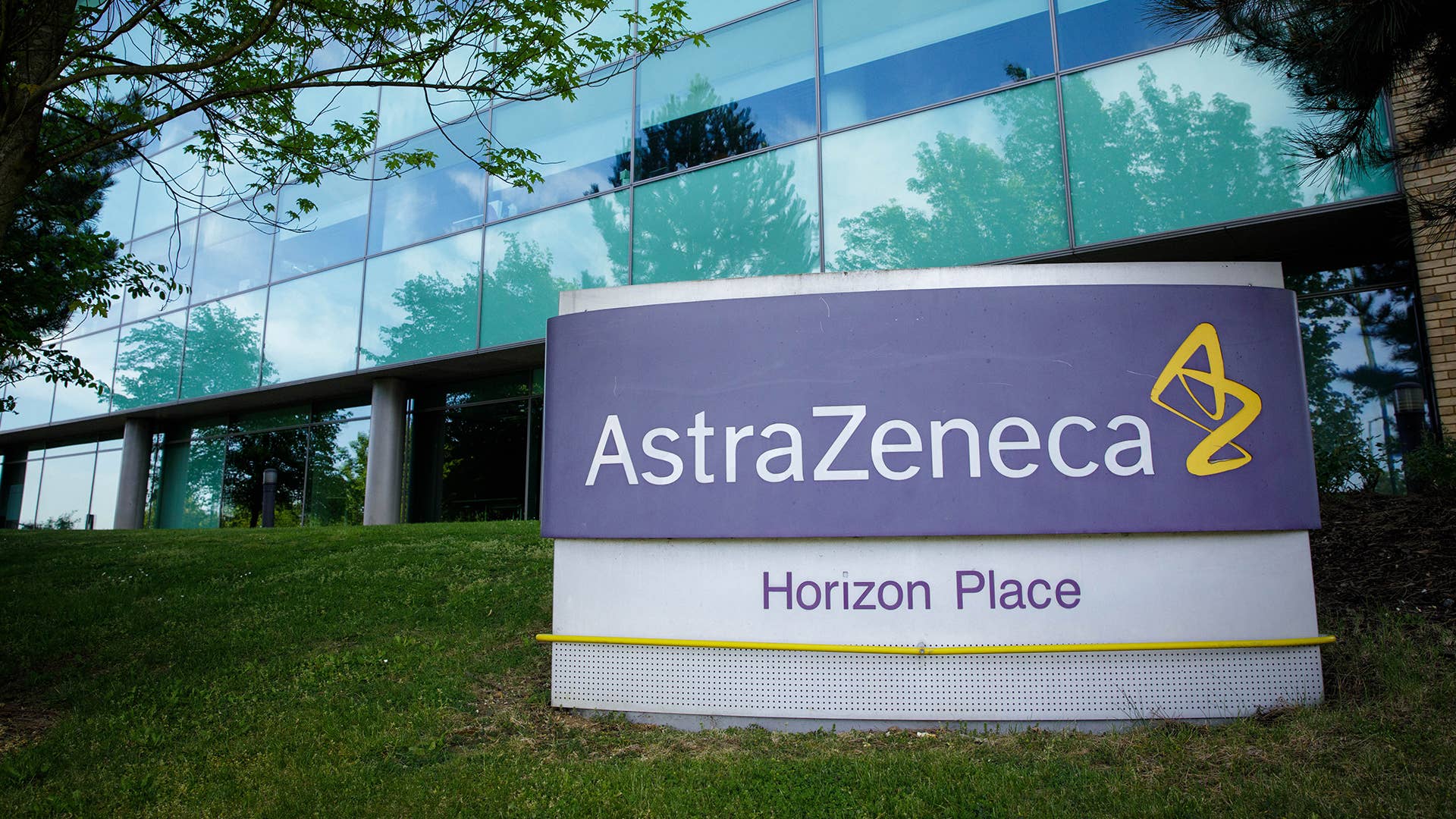
Early trials for a coronavirus vaccine in development from the University of Oxford and AstraZeneca Plc have shown promising results. With the vaccine now being tested on humans, early results have shown that it increases antibodies and immune T-cells to help target the virus, Bloomberg reports. Following the news, AstraZeneca shares rose by 10 percent in London to trade 0.6 percent higher, even though researchers have warned the results are preliminary.
"We are seeing very good immune responses, not just on neutralizing antibodies but of T-cells as well," said Oxford Jenner Institute head Adrian Hill. "We’re stimulating both arms of the immune system."
Test results show that the vaccine was well-tolerated by the test subjects, and there were no immediate adverse effects. Fatigue and headaches were commonly reported, though, while other less common side effects include muscle ache, chills, and a fever. Oxford and AstraZeneca's in-development vaccine is just one of roughly 160 being worked on across the world, the World Health Organization stated.
"We want other companies to have vaccines that work as well because the world will get more vaccine sooner," Hill added. "We just feel there is an advantage of having both arms of the immune system stimulated well."
If trials continue to show positive results, AstraZeneca revealed it could start to deliver doses of the vaccine to the U.K. by September at the earliest. Since the United States pledged $1.2 billion to the development of the vaccine, doses could be delivered stateside by as early as October. While the U.K. has a similar supply agreement, the government has also placed deals with Pfizer Inc., BioNTech SE, and Valneva SE.
"We're very encouraged," Hill said of the results so far. In an interview with CNBC on Monday, he elaborated on the vaccine tests further. "We are using single-dose and two-dose of the vaccine,” he explained. “It looks like both give useful immune responses even though after two doses we see stronger immune responses. And to keep following these individuals and start trials elsewhere. Hopefully in the U.S. in the next few weeks.”
News of positive results from the Oxford-AstraZeneca vaccine tests come just as Synairgen Plc said its drug SNG001 helped reduce the risk of more severe cases of the virus in hospitalized patients. Patients who received the drug were at a 79 percent lower risk of developing more severe forms of the virus. As a result, shares of the company nearly tripled in value, Reuters reports.

